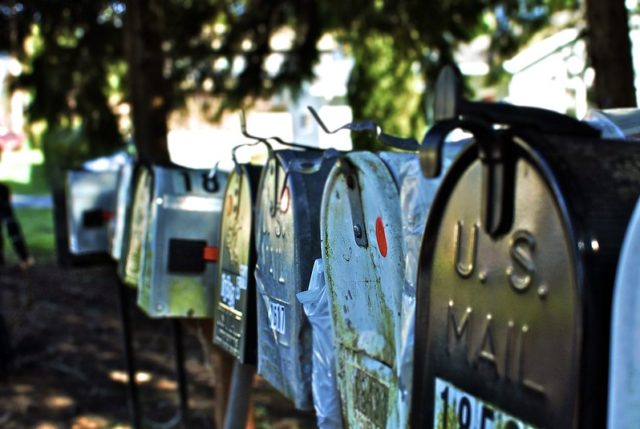
When you address a letter and send it in the mail, you can be fairly confident it will reach the right place and nowhere else. The same can’t be said for delivering drugs in the body. Even if a molecule is designed to go to a specific biological “address,” that identifying marker is also found elsewhere—including some places you don’t want the drug to go, said Ampersand Biomedicines co-founder and CEO Avak Kahvejian. The result is unwanted toxic effects.
Ampersand, a biotech startup founded by venture capital firm Flagship Pioneering, has developed drug discovery technology that finds biological addresses specific to a disease target. The company has made steady progress with its research and it emerged from stealth on Tuesday, backed by $50 million.
“We asked ourselves at Flagship, what if there is a way to design medicines to act and go only where they should go, without having untoward effects where they shouldn’t go,” said Kahvejian, who is also a general partner at the firm. “And can that help us have better, and more tolerable drugs?”
Drugs are already made with their bodily destinations in mind. Small molecules can be designed to hit certain proteins. The targeting ability of antibodies are a key feature of these biological drugs. But such medicines still hit other places in the body and cause problems, a phenomenon called on target, off tissue toxicity.
Ampersand finds its new drug addresses with a technology it named Address, Navigate, Design (AND). The platform conducts computational analysis of RNA transcript data from across the entire human body, data that the company has either generated or acquired. Kahvejian said these data help the startup see where something is in the body as well as where it isn’t. With this analysis, Ampersand is building a new map of the human body. This map finds the addresses for its drugs, places that are found only on the disease target, Kahvejian said. These identifiers could be proteins that are either localized to a particular tissue or cell, or secreted from a particular tissue or cell and not elsewhere in the body.
The AND technology continually learns rules for identifying the best localizer targets, which in turn refines its ability to design new drugs. Kahvejian said this analysis is further validated with animal data to demonstrate the predictability of these data for localization. Ampersand is now conducting animal testing to validate its human body address map, and to show that its potential drugs have the capability to find their targets and offer a therapeutic effect.
Kahvejian said an Ampersand drug is comprised of two main components. The “localizer” is a molecule that has specific affinity for an address. That part is linked to an “actuator,” which is a molecule that offers the therapeutic effect. The actuator can come in many familiar drug modalities—small molecules, proteins, lipid nanoparticles, nucleic acids. Without specifying particular diseases, Kahvejian said Ampersand’s platform can go beyond well-known disease targets in a variety of tissues. He added that both rare and common diseases are fair game—any situation where existing therapies have on target, off-tissue toxicity.
“There are targets that have been deemed undruggable because of their promiscuous biodistribution,” Kahvejian said. “We believe this concept can enhance, or create best in class therapies.”
Ampersand formed in 2020 and like other startups incubated within Flagship Labs, its research has been kept mostly under wraps as the tech platform was further developed and put through some initial testing. Kahvejian said the company has validated its address map and shown that its platform technology works in multiple preclinical tests. Ampersand is revealing itself now as it progresses toward human testing and looks to grow its headcount, which is currently 33.
Kahvejian declined to say when Ampersand expects to reach the clinic. But he said partnerships are another potential next step. Larger companies might have an interest in using Ampersand’s technology to localize their own molecules, Kahvejian said. Others might want to take on the development of potential drug produced by the startup’s technology. The $50 million backing Ampersand is the amount that Flagship has allocated to the company in its first stage of development, Kahvejian said. In time, the company will be looking to add additional investors.
Photo by Flickr user Andrew Taylor via a Creative Commons license








